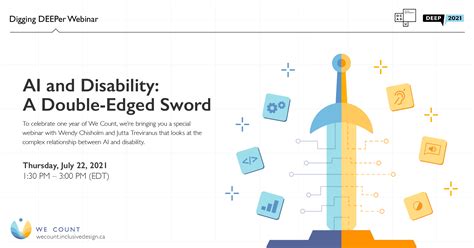Artificial Intelligence (AI) has undoubtedly become a pivotal part of our daily lives, impacting industries from healthcare to finance to entertainment. Yet, as discussions around its implications intensify, it is clear that AI’s benefits are not evenly distributed across society. The ongoing debate has shown that while AI has the potential for democratizing technology and offering unprecedented convenience, it also poses significant risks to equity and job security. Hence, there’s a growing consensus that comprehensive regulations should be established to ensure that AI’s development and deployment are both ethical and beneficial to all.
Regulation is one of the most hotly debated topics in the AI community. Some argue that stringent regulations with massive fines or jail time for non-compliance could help mitigate the risks associated with AI, while others view regulations as stifling innovation and favoring big corporations who can afford to navigate regulatory complexities. However, intelligent regulations can serve to prevent monopolistic behavior and protect smaller entities from being crushed under the weight of larger players like OpenAI. The idea of effective regulation isn’t to curb innovation but to guide it in a manner that maximizes societal benefit. Take the example of the GDPR in Europe; it has its critics, but it also places a premium on personal data privacy, showing regulation can be a force for good.
The conversation around wealth inequality becomes particularly relevant when discussing AI. Today’s society is already marked by significant economic disparities, and AI’s rapid advancements may exacerbate these issues if left unchecked. For instance, AI models that are owned and operated by a select few are likely to funnel profits to the already wealthy, leaving smaller competitors and the general workforce at a disadvantage. This sentiment was echoed by user sweetheart, who highlighted the fears of professional illustrators who see AI-driven models like DALLE as a threat to their livelihoods. This raises a valid question: if AI is to be a net positive for society, how do we ensure that its economic benefits are widely shared and not just concentrated in the hands of a few?
Moreover, discussions about AI often neglect its impact on working conditions and job satisfaction. While some AI proponents celebrate the technology’s ability to handle mundane, repetitive tasks, freeing humans for more meaningful work, others worry that AI will replace jobs that people actually enjoy. As commented by user vundercind, the worry is that AI often automates tasks that people find fulfilling while failing to address the monotonous aspects of jobs that people would rather have automated. This mismatch can lead to a form of job displacement that leaves workers in less satisfying roles, even if employment rates remain stable overall.
Economic models and historical data can offer some perspective here. For instance, the industrial revolution, while disruptive, ultimately led to new opportunities and jobs that no one could have anticipated at the time. This aligns with insights shared by users like tombert, who argued that the nature of work is continuously evolving and that fears of job loss due to technological advancements have historically been overblown. With AI, the argument goes that displaced workers will eventually find new roles, perhaps in managing and maintaining AI systems. However, this optimistic view should not blind us to the potential short-term hardships that such a transition might bring.
One of the more nuanced aspects of the AI debate is its environmental footprint. AI models, particularly large language models, consume substantial energy, contributing to the debate around whether their benefits outweigh their environmental costs. User rockemsockem pointed out that increasing energy use isn’t inherently negative as long as it drives investments in cleaner energy sources. But until we achieve substantial improvements in renewable energy, the energy costs of AI could represent a significant downside that needs to be mitigated.
Lastly, the role of open-source AI cannot be underestimated. Open models provide opportunities for smaller companies and even individual developers, democratizing access to cutting-edge technology. This is crucial for fostering innovation and avoiding a scenario where AI advancements are controlled by a few large corporations. However, as user gsibble noted, open-source models might still fall short of redistributing economic gains effectively, unless coupled with broader societal measures like universal basic income (UBI) funded by AI-driven profits.
In conclusion, AI offers a dual promise: elevating human capabilities while presenting significant ethical and societal challenges. The way forward involves balanced and considered regulations, ensuring equitable distribution of economic benefits, and fostering innovations that contribute positively to society at large. As we continue to integrate AI into more facets of our lives, it’s imperative to keep critical discussions alive, ensuring that the technology serves humanity comprehensively and inclusively.


Leave a Reply